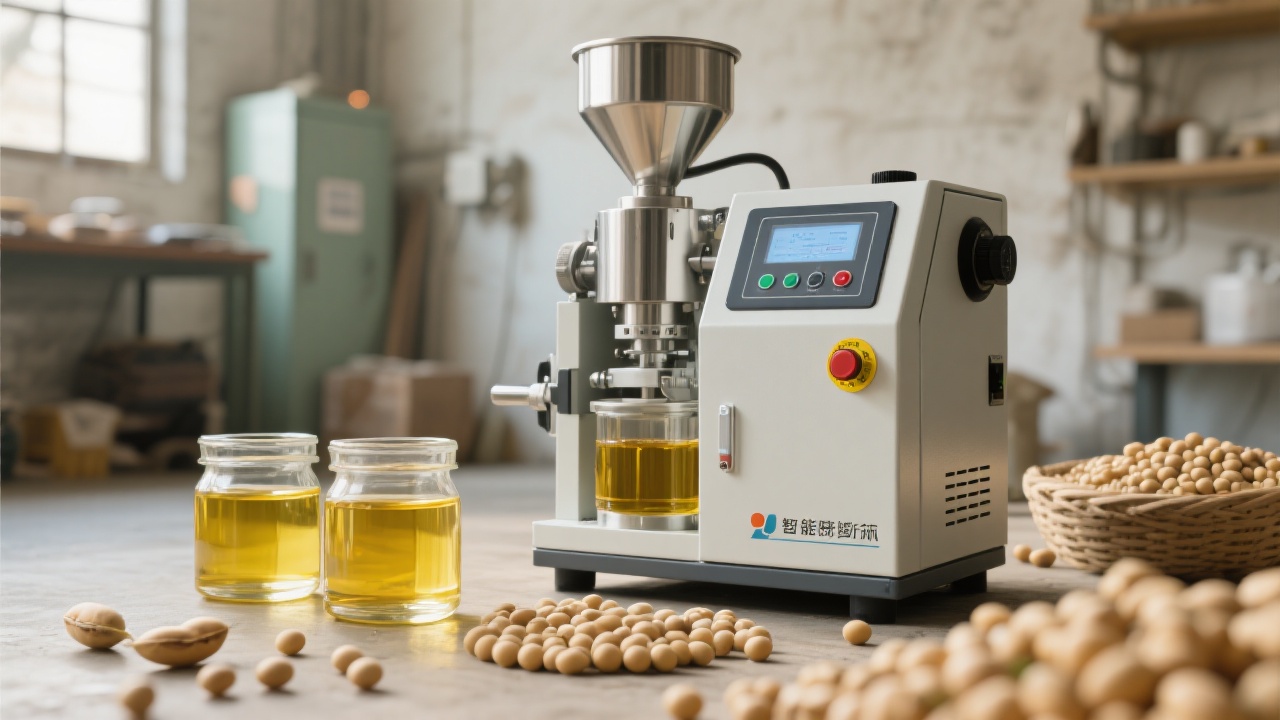Optimizing Palm Oil Separation Technology: Equipment Selection Strategies for Higher Yield and Purity
This article explores advanced processing techniques tailored for the Nigerian market, focusing on how strategic equipment selection and process optimization can significantly enhance palm oil extraction efficiency and product purity. Covering the entire production chain—from raw material preparation and crushing to pressing, separation, and refining—the paper highlights critical parameters, automation integration, and energy-saving solutions. Real-world case studies and practical operational guidelines are provided to support sustainable, high-quality output while reducing costs and meeting evolving environmental standards. Ideal for engineers, plant managers, and decision-makers seeking data-driven improvements in palm oil processing performance.

Optimizing Palm Oil Separation: Boost Yield and Purity with Smart Equipment Selection
For palm oil processors in Nigeria and beyond, maximizing outturn while ensuring premium oil quality is no longer optional—it’s a competitive necessity. Our field-tested approach to equipment selection and process optimization has helped clients increase yield by up to 7–9% and reduce impurities by over 40% in just six months.
From Raw Material to Refined Oil: A Step-by-Step Optimization Strategy
The journey from fresh fruit bunches (FFB) to high-grade palm oil hinges on precise control at every stage:
- Preprocessing & Crushing: Using dual-stage hammer mills with adjustable screen sizes reduces fiber content in the mash—critical for higher press efficiency. One Nigerian mill saw a 5% rise in initial extraction after switching from single-pass to multi-stage crushing.
- Pressing Technology: Continuous screw presses with automated torque control deliver consistent pressure profiles. This minimizes mechanical degradation of oils—leading to less oxidation and better shelf life.
- Separation Efficiency: High-speed centrifugal separators (with 2000–3000 rpm range) improve phase separation between oil, water, and solids. Real-time viscosity monitoring ensures optimal feed rate adjustments.
- Refining Process: Integrated deodorization units with vacuum recovery systems cut energy use by 15–20%. Also, using enzymatic degumming instead of acid-based methods boosts clarity and reduces waste disposal costs.
| Process Stage |
Key Metric |
Improvement Potential |
| Crushing |
Mash particle size |
+6% yield with fine grinding |
| Pressing |
Oil moisture content |
↓ 40% impurities via smart press tuning |
| Centrifugation |
Solid residue in oil |
↓ 35% with real-time feedback |
What sets our solutions apart? It's not just hardware—it’s how we integrate automation, data analytics, and local support. For example, one client reduced unplanned downtime by 60% through predictive maintenance alerts powered by IoT-enabled sensors embedded in their pressing system.
Whether you’re scaling production or upgrading legacy lines, the right technical strategy makes all the difference—not only in output but also in compliance with EU and GCC food safety standards.
Ready to See Real Results?
Let’s talk about your specific setup—whether it’s a small-scale operation in Kaduna or a large refinery near Port Harcourt. We’ll analyze your current workflow and provide a tailored roadmap to boost yield, purity, and sustainability—all within a 90-day implementation window.
Get Your Free Process Audit Today →



